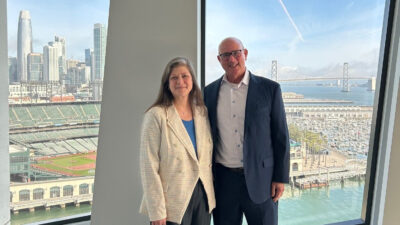Renewed Push for SALT Relief in DC
When the Tax Cuts and Jobs Act of 2017 passed in November of that year, many Americans and U.S. businesses hailed its lower rates and simplified provisions. Then the other shoe dropped — squarely on top of California and a handful of other high-tax states. Arguably one of the bill’s most controversial provisions, the capping of the State and Local Tax (SALT) deduction at $10,000 was a gut punch for California taxpayers who could no longer deduct the full measure of their sky-high property and income tax bills on their federal income tax return.
Since then, Bay Area Representative Anna Eshoo has led a bipartisan vanguard of representatives from states like New York, New Jersey and Maryland, that have borne the brunt of the SALT cap burden, to push for its repeal or reform. After fighting hard, albeit unsuccessfully for some type of SALT reform in the 2022 reconciliation package (now known as the Inflation Reduction Act), Eshoo is now back with a reconstituted bipartisan SALT caucus in the House. The Bay Area Council will put its advocacy power behind the renewed effort, and it’s likely to be among the topics we discuss during our annual D.C. delegation trip in March.
The members of the newly formed SALT caucus already have some ideas in mind. Possibilities for reform include boosting the cap to $100,000 for individuals and $200,000 for married couples filing jointly, to eliminating the cap for households making up to $400,000, then reinstating the limit on a sliding scale beginning at $60,000 and ultimately phasing out completely for households earning at least $1 million.
“The cap on the SALT deduction is an attack on the middle class, raising taxes on 200,000 families in my Congressional District,” Rep. Eshoo said during a press conference outside the Capitol. “Prior to the 2017 tax law, my constituents claimed an average deduction of $63,083, and as a co-chair of the bipartisan SALT Caucus, I’m firmly committed to restoring this vital deduction for Californians.”





